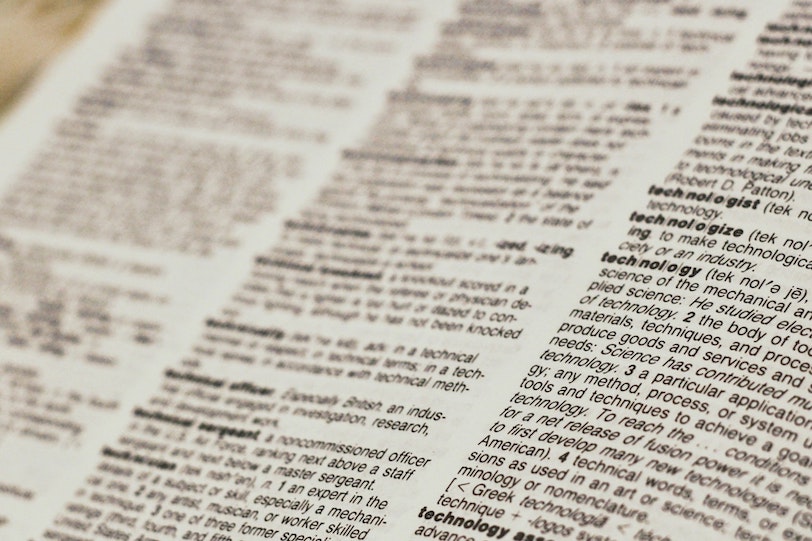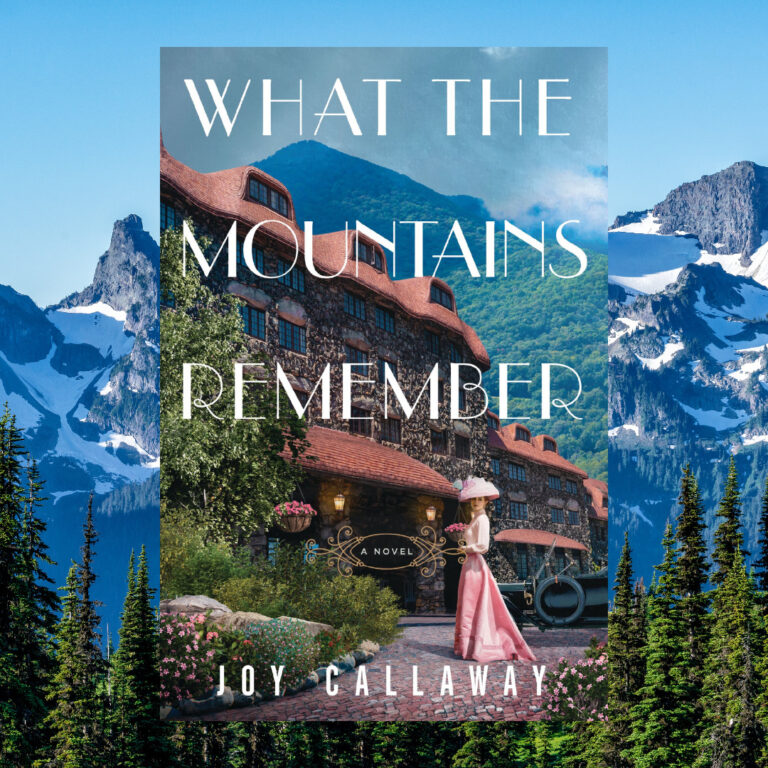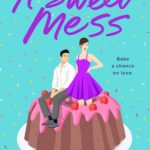If you are new to the online bookish community, welcome! We’re excited to have you! When I first discovered that the online bookish community and bookish social media was a thing, my first thought was: yes! I have found my people! My second thought was, where do I begin? Like all communities on the internet, the bookish online community has created its own references, vocabulary, and trends. If you’re new to the bookish online community or just want a quick primer. This one’s for you. Or if you are a veteran of bookish social media you can send this to your relatives who ask how the book thing is going.
Below are many of the commonly used terms or acronyms that you will likely see across different types of bookish social media.
ARC/Galley/Proof: The abbreviation of “Advanced Reader’s Copy” is used interchangeably with Galley and Proof. All three refer to pre-publication copies of a book sent out by publishers to reviewers and readers in advance of the book’s publication date
Book Birthday: This is a fun way to refer to a book’s publication date. Used to welcome a new book to the world.
Book hangover: When a book is so good that it leaves you temporarily emotionally “hungover” after finishing it making it difficult to pick up another book right away because you cannot stop thinking about that book. Yes, it’s that good.
Book Haul: When a reader shares the books they have recently acquired over a specific amount of time.
Bookstagram: The corner of Instagram dedicated to sharing your love of books. Readers often post reviews, reading updates, discussion questions and other book-themed content. A Bookstagrammer is someone who creates bookish content on Instagram.
Booktube: The corner of YouTube dedicated to books and reading. Booktubers will share their thoughts, reviews and a wide variety of creative and bookish related video content with their viewers. A Booktuber is someone who creates bookish content on YouTube.
Book Twitter: The corner of Twitter dedicated to discussing all things books and reading. There are also many “sub” communities like Romance Twitter, Sci-Fi Twitter etc. dedicated to discussing particular subgenres.
Buddy Read: A buddy read is like a one-time book club between two or more people who read the same book and usually engage in a discussion of the book once they have finished.
CR: The abbreviation for “currently reading” or “current read”, usually used on Bookstagram to share what one is currently reading (this one is pretty self-explanatory).
DNF: The abbreviation of “Did Not Finish”. DNF refers to a book that you began but did not finish for whatever reason. It can be permanent or temporary and both a verb and an adjective as in “I DNF’d this book” “This book was a DNF for me”.
eArc: The same as a regular ARC (see above) but as an electronic copy.
Own Voices: Own voices refers to readers or authors who are reviewing or writing stories related to their own cultures or social identities. Advocating for Own Voices reviewers and authors has been part of an effort to highlight and include a broader range of voices into the bookish community with an emphasis on authentic representation.
Tag: This is not limited to the bookish online community, but it is popular and common nonetheless. It is a series of questions created by a member of the bookish community, usually around a specific theme or event meant to help the viewers or follower get to a bookstagrammer or booktuber better. Popular tags include the “Booktube Newbie Tag” and the “Mid-Year Book Freak-out Tag”.
Readathon: A series of reading challenges that take place during a set amount of time. Participating in a readathon can be a great way to engage and connect with fellow readers and challenge yourself to stretch your reading comfort zone. Some popular readathons include the Dewey’s 24 Hour Readathon (where the aim is to read as much as you within a 24-hour period). The Tome Topple readathon (where the aim is to read books that are over 500 pages).
Reading Sprint: This generally takes place during a readathon and commonly on Twitter. It is a short (generally 15-30 min) period of time hosted by someone in which people participate to read as much as they can at the same time.
Shelfie: A picture of your bookshelf.
TBR: The abbreviation of “To Be Read”. TBR refers to books that you have yet to read or are planning to read. It can refer to a list of the books that you know of that you want to read at some point or to a shorter list of books you are planning on reading in a specific amount of time. For example, your July TBR can refer to the books you are planning on reading during that particular month.
Un-haul: The opposite of a haul. An Un-haul is when readers share the books they are planning on getting rid of in a short amount of time or in one go. Generally to make room for more books (or is that just me?)
Wrap Up: When a reader shares the books they have read over a specific amount of time or for a specific event like a readathon. Common examples are a monthly wrap ups where a reader shares what books they read the previous month or during a readathon (see above).
This is a comprehensive though not exhaustive look at the lingo you might encounter in this part of the internet. Of course, new terms are being created all the time which is part of the fun, but with this primer, you are now ready to tackle to bookish internet!












